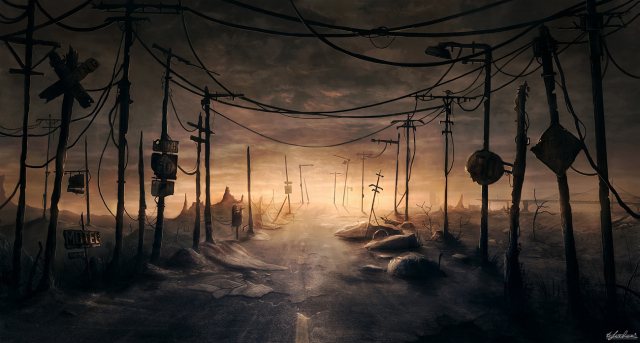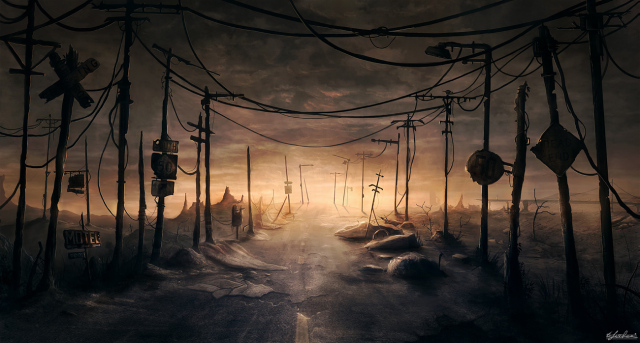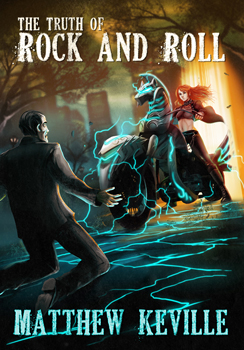My rating: 4 of 5 stars
(written several months back, and published now that I am cleaning out my drafts)
…I haven’t been so hooked by a graphic novel since I picked up Uzumaki, Vol. 1. And exactly like when I picked up Uzumaki, I am swearing because the comic book store has closed for the day, and now I have to wait before I can see about getting the next one in the series.
Spoilers for the first twenty-odd pages follow.
Like it says on the tin: the generically utterly evil technically-not-supervillain-because-no-superpowers-but-come-on-now Madder Red has, after years of therapy, apparently been cured of his anti-social drive.[1] Now he’d like to do some good.
I picked it up expecting a crime story. In the first fifteen pages, it had me blinking a little at what was being depicted (villain cheerfully slitting a child’s throat in front of the hero), and then twisted the standard “ha-ha, holding the city hostage by means of threatening something terrible” schtick into an entirely new direction.
It’s a murder mystery, sure. It’s grim and fast-paced and makes a creepy kind of sense. It’s beautifully drawn; the story weaves along between modern-day (full-colour art) and flashbacks to various points in the past (black and white and red all over). I am going to go reread it, once I am done posting this.
But beyond that, it feels thoughtful in a way that comics about characters like this–characters that are like how Madder Red started out, I mean, he’s quite different in the modern day setting–usually don’t, and for “usually don’t” read “never have”.
Series was apparently cancelled after enough comics to make two graphic novels. I am saddened by this, but… I guess it ups the odds of being able to convince other people to read the whole thing?
—
[1] Dead kids. Lots of dead kids. And dead women. (He hurt and killed woman and kids by preference.) And dead cops. And along the way, dead cats. His backstory rap sheet is drawn in in relatively few pages, and remains the kind of thing which is jaw-droppingly violent in a way I cannot recall having previously seen in comics.





